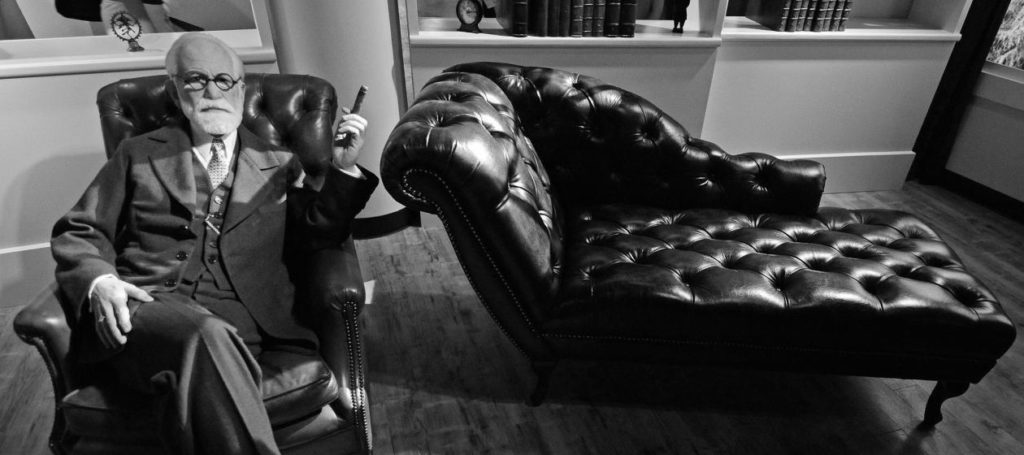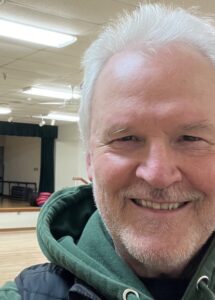
Story time begins with tradition. What tradition, you ask?
All good stories begin the same. They might still be good stories, but not classic Story Time.
Once Upon A Time:
A baby came into the world in the usual way, the same way Harry Chapin described in his song Cat’s Cradle.
When I first heard the song, the usual way seemed like a hospital delivery room. The child in this version of story time came into the world via a home birth, and just as it happened his great grandparents pulled up unannounced.
Grandma put on his first diaper and he was off and running.
The boy grew up with the usual crew, a mom and dad, neighborhood friends, school friends, and it all worked together to make a home, a hometown, and a foundation to build on.
The experiences he had made him the man he became. He learned to roll with the times and get up when he fell.
Through the magic of family problems that healed over time, the boy had lots of grandparents; four grandpas and three grandmas.
One day he and his father reviewed the elders.
Dad: How would you rank your grandpas?
Kid: That’s a weird question. Rank?
Dad: Like basketball players and football players. Which grandpa is the GOAT?
Kid: Greatest Of All Time?
Dad: Yeah, the LeBron, the Brady. Who is the greatest grandpa?
Kid: Do you mean the one I’ve spent the most time with?
Dad: Sure, the greatest. The one that measures up to greatness.
Kid: You want me to say your dad?
Dad: He was a great, no doubt, but by the time you got to know him, he was someone else’s grandpa.
Kid: How does that work?
Dad: Well, grandma and grandpa got divorced after being married a long time.
Kid: Longer than you?
Dad: No, but this isn’t about me. They got divorced like they’d been waiting for one or the other to mention it.
Kid: Why haven’t you gotten divorced?
Dad: Because I believe in marriage, of staying married. And I’ve been to marriage counseling.
Kid: What did that do?
Dad: Gave your mother a chance to talk about her expectations, hopes, and disappointments.
Kid: What did you talk about?
Dad: Mostly how glad I was to be there to listen to your mother with someone else in the room.
Kid: Did it help?
Dad: It always helps. We’ve seen a few counselors. One of them started by introducing his goals as, “Let’s see if we can save this marriage.” I corrected him with, “We’re not here to save a marriage. We’re here to gain new communication tools. Let’s start with that.”
Kid: So you counseled the counselor? How’d did he like that?
Dad: Not much. Then he gave us a fifteen page questionnaire to fill out so he could understand the roots of our problems.
Kid: What sort of problems?
Dad: The sort of problems that fester and infect good people into breaking up. If you get married, the idea is to work it out and stay married, not pace yourself to run off at the first sign of distress.
Kid: Like your parents?
Dad: I think you’re catching on. If you’ve got a problem, it’s easy to blame the other person. After you go to counseling, there’s a different reference point.
Kid: Different? Like how?
Dad: The next time something distressing comes up, blame the counselor for not including it in his talk, then work it out. Or else.
Kid: Or else what?
Dad: Or else head back to therapy.
Kid: Is that a bad thing?
Dad: Nope, not at all. We all need a tune-up now and then. Some people have a standing appointment with a therapist.
Kid: What’s the difference between a marriage counselor and a therapist?
Dad: You know, I’m not sure, but if I had to say, I’d say one is for couples, the other for the individual.
Kid: Have you ever seen a therapist? Do you want to?
Dad: Well, a good marriage counselor sees the couple together, and individually. So, I’d say yes, I’ve had some individual time.
Kid: How did it work?
Dad: At first I blamed everything on your mom. That didn’t fly. The counselor broke it down for me. Then I blamed myself. That didn’t work, either. So I listened and learned. Did you know there are more feelings than fear and hate? Apparently those were my default settings.
Kid: Fear and hate? That was it?
Dad: That’s how I worked it out. I didn’t share that with the counselor, but the more we talked, the less I felt fear and hate.
Kid: About mom?
Dad: No, not mom, but she seemed to think that’s all I felt. No love, sweetness, kindness, gratitude, gratefulness, just fear and hate. So I asked the counselor if that was my problem, that mom got stuck on me being full of fear and hate.
Kid: Are you? Are you full of fear and hate?
Dad: By you asking that question, and me not spewing a fear and hate story time for an answer, I’d say no.
Kid: Is mom?
Dad: Full of fear and hate? No, she’s not. She’s a warrior against both of those. I think her life goal is eliminating them.
Kid: How’s it working out?
Dad: I sort of ratted out the counselor and told her what we talked about when she wasn’t there. Said I had to counsel the counselor to look for more than the emotions present.
Kid: Counseling a counselor. They had to love that.
Dad: And they still got paid. After we’d seen and heard enough, we decided we knew more about our marriage than they did, and we liked each other.
Kid: Do you love each other?
Dad: You remember people in movies and books who seem so real that you wish they were so you could tell them you love them?
Kid: No, not really.
Dad: Then keep reading and watching good movies. Love is like an umbrella with so many people crowded underneath. Ask someone if they love their wife or husband and they say something like, “Of course, I’m married to them.” The trick question is whether or not they like each other. Love is year after year; liking is day by day, hour by hour, minute by min . . .”
Kid: I get it. Second by second.
Dad: That’s key. Love is what you hope for; liking someone you love is not always easy.
Kid: Did a counselor tell you that? It’s pretty good.
Dad: No, that’s what I told the counselor. They acted like they’d never heard it said like that before.
Kid: So you counseled a counselor? Again?
Dad: Yes, I did. And I told mom I did.
Kid: Did she like that?
Dad: I think it brought closure.
Kid: For both of you?
Dad: I think so, and even for the counselor. It felt like he closed the door, so if we need someone one to talk to again, it’ll be someone new.
Kid: Sounds like a win.
Dad: I’d call it a Win-Win. A story time win.


